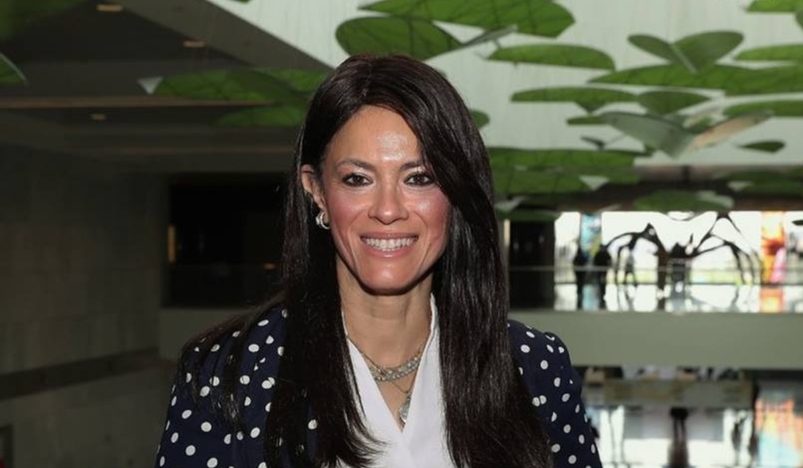
HE Minister of International Cooperation of the Arab Republic of Egypt Rania Al Mashat
HE Minister of International Cooperation of the Arab Republic of Egypt Rania Al Mashat praised the Doha Program of Action (DPoA) for the decade 2022-2031, and what it contains of basic criteria, and its considerable solutions related to innovation, policy setting, and providing support that can be used to build on in the next phase to support the least developed countries (LDCs) and graduate them from the list.
In her exclusive remarks to Qatar News Agency (QNA), the Egyptian Minister of International Cooperation stressed that the 5th United Nations Conference on the Least Developed Countries (LDC5), convened in Doha, represents a valuable chance for these countries to meet with development partners from different countries. She pointed out that Egypt is the president of the steering committee of the New Partnership for Africa's Development (NEPAD), Which includes the vision of the African Union for the economic and social development of the African continent. She also pointed out that she held bilateral meetings with Qatar Fund for Development (QFFD), inviting it to participate in developmental projects in Egypt through financing with other development partners. She said that the LDC5 conference formed a valuable chance to meet with officials from Asian Infrastructure Investment Bank to discuss issues related to that field.
She added that the LDC5 conference is witnessing considerable momentum in light of the crises facing the world, which started with the COVID-19 pandemic followed by the Russian-Ukrainian war and its great repercussions on the LDCs. She noted that the LDC5 included several discussions and qualitative sessions led by the South-South and Triangular Cooperation and other topics related to activating the role of UN institutions and international financing organizations, state relations, and exchange of expertise.
She indicated that she participated in a number of sessions related to the structural reforms of states, stressing that any structural reforms must stem from the state itself, and not from outside.
Therefore, countries must create a balance in developing and implementing structural reforms.
Source: QNA
.jpg)
Qatar Secures Place Among the World's Top 10 Wealthiest Nations
.jpg)
Hamad International Airport Witnesses Record Increase in Passenger Traffic

Saudi Arabia: Any visa holder can now perform Umrah

What are Qatar's Labour Laws on Annual Leave?
Leave a comment